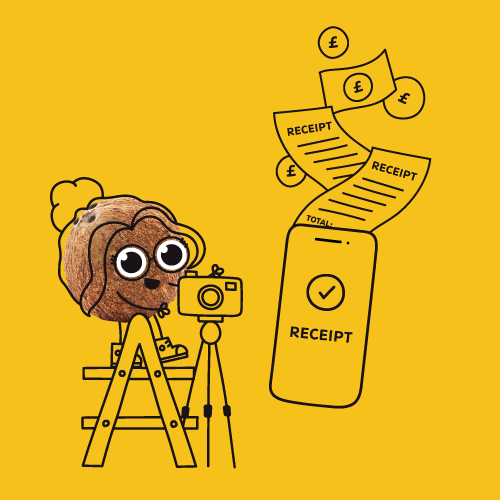Late payment continues to prove a major headache for many small businesses. According to the Federation of Small Businesses, late payment impacts 52% of small UK firms, with an estimated 56 million hours of productivity lost each year and 50,000 small firms going bust as a consequence. In September 2024, the government unveiled a new Fair Payment Code as part of a package to tackle late payment in the UK. The Code is a tiered system of awards that acknowledges best practice in payment.
Reasons for late payment
Late payment can cause serious cash flow issues and otherwise good customers can be bad when it comes to paying you on time. Large companies are often the worst culprits, with their accounts people habitually ignoring suppliers’ payment terms because they believe they can get away with it.
Even if cash flow impact is manageable, having to chase repeatedly for payment can be irritating and time-consuming. In limited instances, your invoice may have genuinely been mislaid, or not sent on by your contact to accounts for payment. If this happens, send a replacement and request payment to existing terms.
Sometimes late payment can be your fault, with incorrect details on your invoices leading to unnecessary delays. Your customer should have raised any problems long before they received your invoice, so this isn’t a valid reason for not paying you when due. Sort out any genuine issues quickly and make sure you send your invoices as soon as possible.
Sometimes customers have understandable reasons for late payment. They could be waiting for payment from their customers. If you’re not expected to wait a long time, showing some flexibility is advised. Obviously, you’ll want to protect your customer relationships, so your approach must be tactful and professional. However, if they end up not paying you, they’re not a customer, while some customers can, quite literally, be more trouble than they’re worth.
Chasing unpaid invoices
If you still haven’t been paid the day after the due date, contact the customer to politely request immediate payment. Never let days (let alone weeks) go by without chasing unpaid invoices, even if it’s something you hate doing or worry that it will upset a customer. Be friendly, but firm. You’re asking for money that is rightfully yours.
Some customers try to delay payment as much as possible, which can damage your cashflow significantly, especially if you have more than one late payer. There is also a risk that the more time you give, the more customers will expect, so stick to your agreed credit terms (30 days is standard). Any delays should bean exception.
If a customer asks for more time to pay, you’ve every reason to ask why and when they expect to pay you. If it’s a few days, fine, but several weeks or more is a much bigger ask. Agree a deadline, expect payment then, and (to protect yourself) suspend any further sales or supplies until the bill is paid in full. Good customers will understand. Constant broken promises and not replying to your phone calls and emails are bad signs, which should prompt you to up the ante.
Charging interest and debt recovery
Bylaw, you can claim interest of 8% over the Bank of England base rate for B2Btransactions, as well as debt-recovery costs if a business is late paying you. If a payment date has not been agreed, by law, late payment is 30 days after supply of the invoice or the goods/services (if later). Telling a customer that you plan to add interest to an unpaid invoice can be enough to secure payment.
When dealing with larger amounts, offering to accept instalments can help your customer, while ensuring that you get all or most of your money. Emails and letters are easy to ignore, so always speak to customers when chasing unpaid invoices, following up with an email or letter to confirm if a delay has been agreed.
Invoice factoring can ease your short-term cash flow pressures. Effectively, this is where a bank or other invoice factoring service provider buys your unpaid invoices for less than the stated value and either they pursue payment or you do and pay them when your payment is received.
If all your efforts fail, consider contacting a reputable debt-recovery agency. Some don’t charge if they don’t recover debts. Get references and find out exactly what fees or commission they charge before coming to a decision. If matters get really bad, you can apply to the court to ‘wind up’ a company if it cannot pay its debts.











